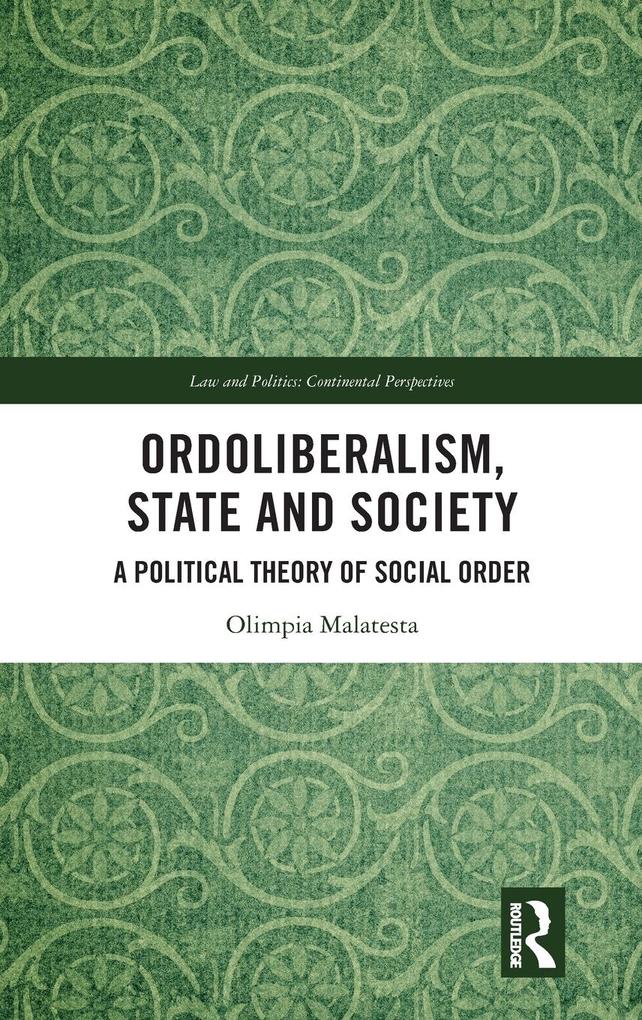
Zustellung: Mo, 14.07. - Fr, 18.07.
Versand in 2 Wochen
VersandkostenfreiBestellen & in Filiale abholen:
This book provides a new interpretation of ordoliberalism - the influential German version of neoliberalism - by exploring the political, legal, and social context of its emergence.
Inhaltsverzeichnis
Part I: The Economy 1: The Weimar Republic between economic crisis and bureaucratization 2: Werner Sombart and the end of capitalism 3: Walter Eucken and the crisis of capitalism. On Sombart and Schumpeter 4: Wilhelm Rö pke on the secular crisis of capitalism 5: Alfred Mü ller-Armack and the laws of capitalist development Part II: The State 6: The Wirtschaftsverfassung and the constitutional compromise of Weimar 7: Franz Bö hm against Hugo Sinzheimer and the social democratic compromise 8: From the liberal state to the economic state 9: The collapse of religion and the affirmation of the total state 10: Walter Eucken, Carl Schmitt and the intermingling of state and society 11: The criticism of pluralism and the strong state. Carl Schmitt, Alexander Rü stow and authoritarian liberalism 12: Alfred Mü ller-Armack, the criticism of liberalism and the corporatist state Part III: The Society 13: The refoundation of the juridical. Against Savigny's relativism and the laissez faire liberalism 14: Walter Eucken and the refoundation of economic science. Against Gustav Schmoller's historicism 15: The social question and the Vitalpolitik between nature and history
Produktdetails
Erscheinungsdatum
31. Januar 2025
Sprache
englisch
Seitenanzahl
270
Autor/Autorin
Olimpia Malatesta
Verlag/Hersteller
Produktart
gebunden
Gewicht
567 g
Größe (L/B/H)
234/156/18 mm
ISBN
9781032432014
Entdecken Sie mehr
Bewertungen
0 Bewertungen
Es wurden noch keine Bewertungen abgegeben. Schreiben Sie die erste Bewertung zu "Ordoliberalism, State and Society" und helfen Sie damit anderen bei der Kaufentscheidung.










